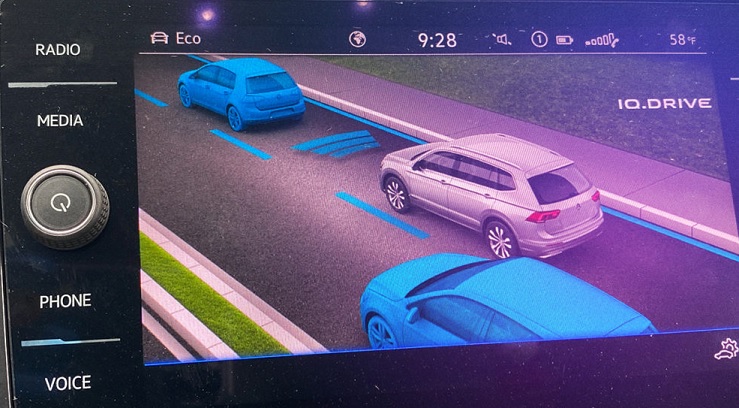ITSdigest
Advanced Driver Assistance Systems (ADAS) can help drivers with some driving tasks, however, drivers may lack appropriate knowledge about ADAS (referred to as their mental model) which can translate to misusing or mistrusting the technologies, especially in situations beyond the capability of the system, according to new research from the AAA Foundation for Traffic Safety.

Focusing on the use of Adaptive Cruise Control (ACC), the AAA study found that a driver's understanding of ACC improved – and their mental model scores improved – with greater experience using the system.
The report also showed that drivers who experienced rare ACC edge cases in addition to routine events showed higher levels of understanding compared to those who experienced only routine events. AAA FTS suggests that the edge case events exposed drivers to the limitations of the system, and this translated to improved knowledge.
AAA FTS says, “Results from this study have positive implications in terms of ADAS usage and exposure and the resulting impact on drivers' mental models. Since accurate mental models promote safe operation of in-vehicle technology, one practical implication that can be drawn from this study is that when introducing ADAS-equipped vehicles to new users, an effective strategy should consider targeted exposure to different situations either through direct experience or through training … Such approaches could form an important pillar in terms of future training or consumer education research about ADAS and other advanced vehicle technologies.”
AAA FTS warns, however, that the study used a driving simulator in a laboratory setting, which presented almost no safety-related risks. Exposure to those same situations in the real world may not be practical or safe, so more research needs to be done to find ways to expose ADAS users to the edge-cases, to improve their mental models.




